While it is communally known that many African countries, including South Africa, Kenya and Tanzania have large populations of people who are of South Asian descent, there has been limited documentation about African descendants in South Asia. Africans arrived in South Asia under various circumstances. Although a significant amount of South Asians of African descent can trace their arrival back to slavery, many are also descendants of seafarers, sailors and merchants.
Vandaag, there are notable people of African descent residing in Gujarat and Karnataka. Referred to as Sidis, Afro-Indians/South Asians have been an integral part of South Asian society for many centuries and are well interrogated into everyday South Asian life and culture. The history of Afro-South Asians has also been very diverse. Africans once ruled certain regions in South Asia (they ruled island of Janjira from 1618 for about 31/2centuries and the state Sachin from 1791) and as a result, sommige Afro-Zuid-Aziatische nakomelingen hebben het respect van de leden kunnen behouden in de gemeenschappen waarin ze momenteel verblijven. Other Afro-South Asian descendants, such as the Sidis in Gujarat and Karnataka, live a life of marginalization.
Most Afro-South Asians were born and raised in the region and as a result; consider it to be their home and place of orijin. Echter, many of them have managed to maintain certain distinct cultural expressions and practices that are inherently African. Through their languages, religious beliefs and practices, music and dance forms, Afro-South Asians have been able to hold on to their historical roots and culture. Bijvoorbeeld, Afro-Gujaratis have been presenting their music to the international world since 2002 and perform dhamal which they call goma, a word derived from the Swahili word ngoma meaning ‘drum’ and also ‘dance.’ Another example of the preservation of African culture and tradition amount Afro-South Asians are demonstrated by the Sidi in Andhra Pradesh, Indië. Referring to themselves as ‘Chaush’ dance with their drums and sing the song thought to them by their forefathers. While many of those who refer to themselves as ‘Chaush’ often do not understand the words they are singing, the lyrics are in their ancestral Bantu language. Many of the dances performed by Afro-South Asians also incorporate call and response chants used at various rituals by their African ancestors.
While the presence of Afro South-Asians is generally unbeknownst to many South Asians themselves because it is often assumed that they are tourist visiting the area, they have managed to not only assimilate with the general South Asian population but also preserve their African heritage. While most Afro-South Asians accept and are proud to call the region their home, they are still very much aware of and celebrate their African orijin.
Tracing Afrikaanse nazaten in INDIA.
Geïnspireerd door Bob Marley's filosofie "Niemand anders dan onszelf kan onze geest te bevrijden", Orijin is uniek "Cultuur Brand" het aansluiten van alle Afrikaanse afstammelingen samen door het Modemerk en uitdagende tijdschrift aan onze levensstijl wereldwijd beïnvloeden ... .Don't gewoon dragen Cultuur, SHARE Cultuur.
Laatste berichten van Niet veranderen (toon alles)
- Voordat Rihanna was er Grace Jones - December 27, 2014
- Marimba: Expressie van vrijheid, maar mijn Afro-Ecuadorianen… - December 25, 2014
- Wie maakt aanspraak op de Reggae Hoofdstad van de Wereld? - December 24, 2014


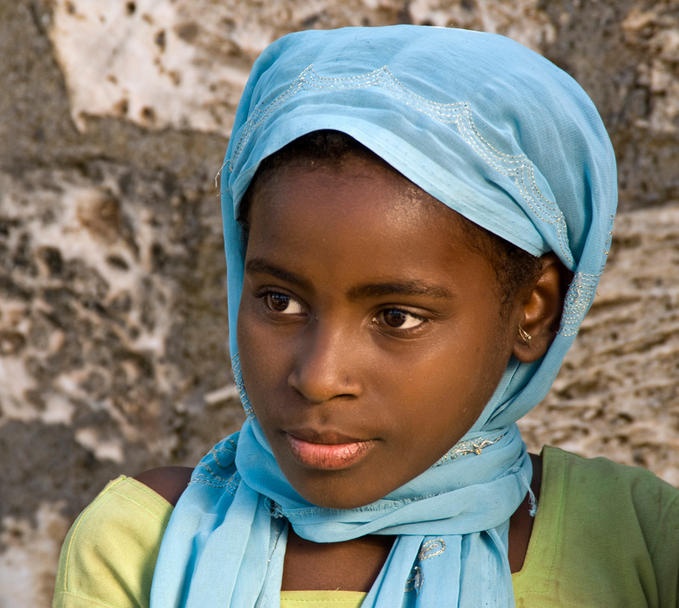
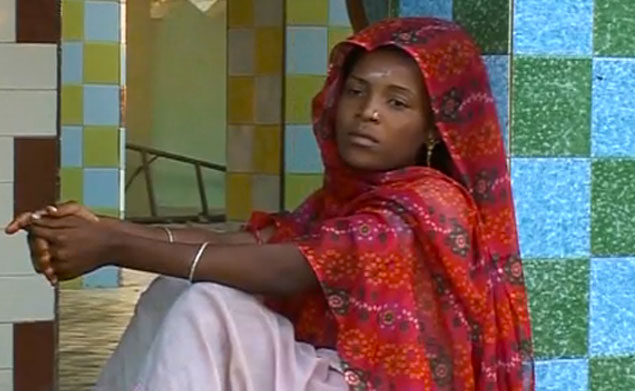
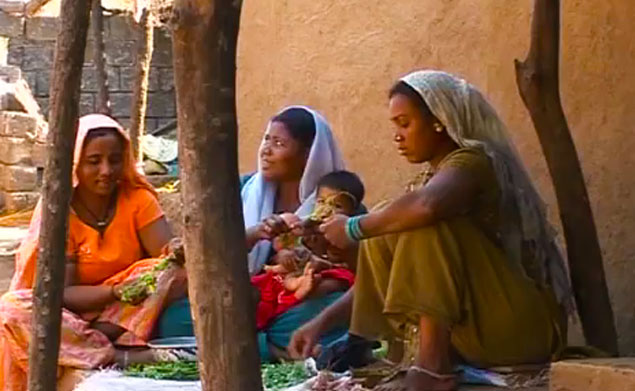
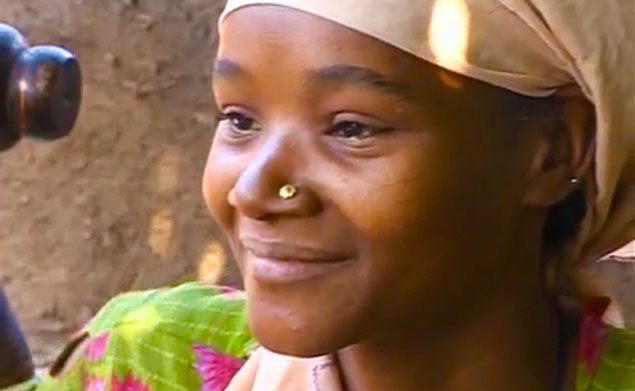
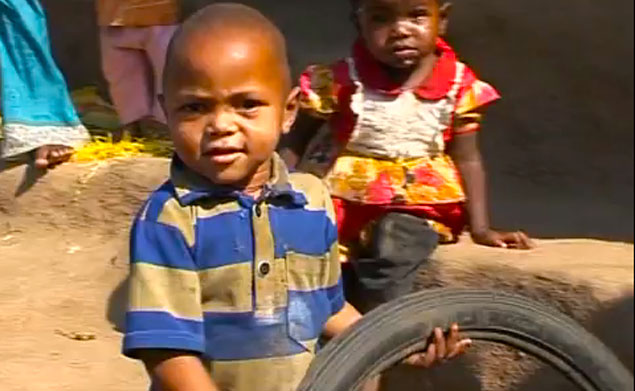
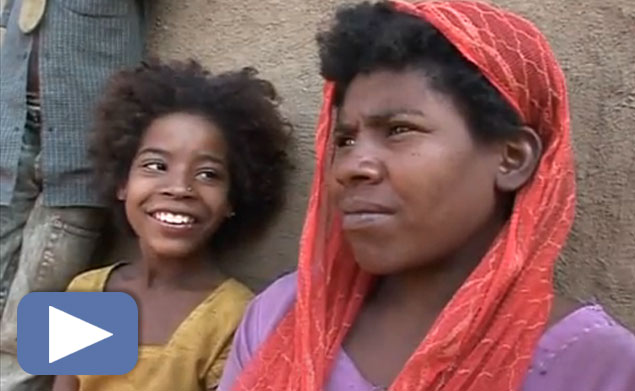
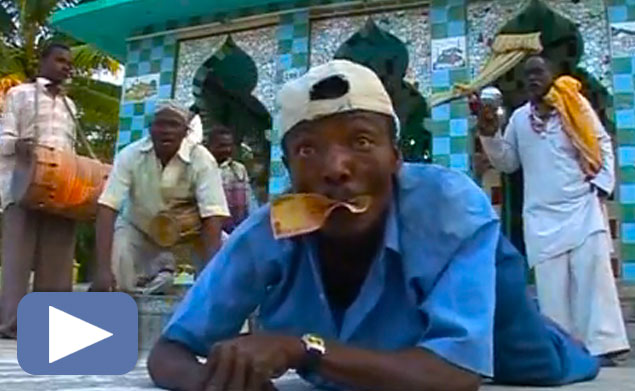
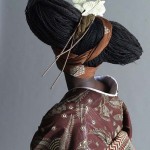

Pingback: Tracing Afrikaanse nazaten in INDIA (Sidis) |Herkomst Cultuur | Monique Karel
Pingback: Wow! Geen gewone kapper, spoelt ook slechte energie weg